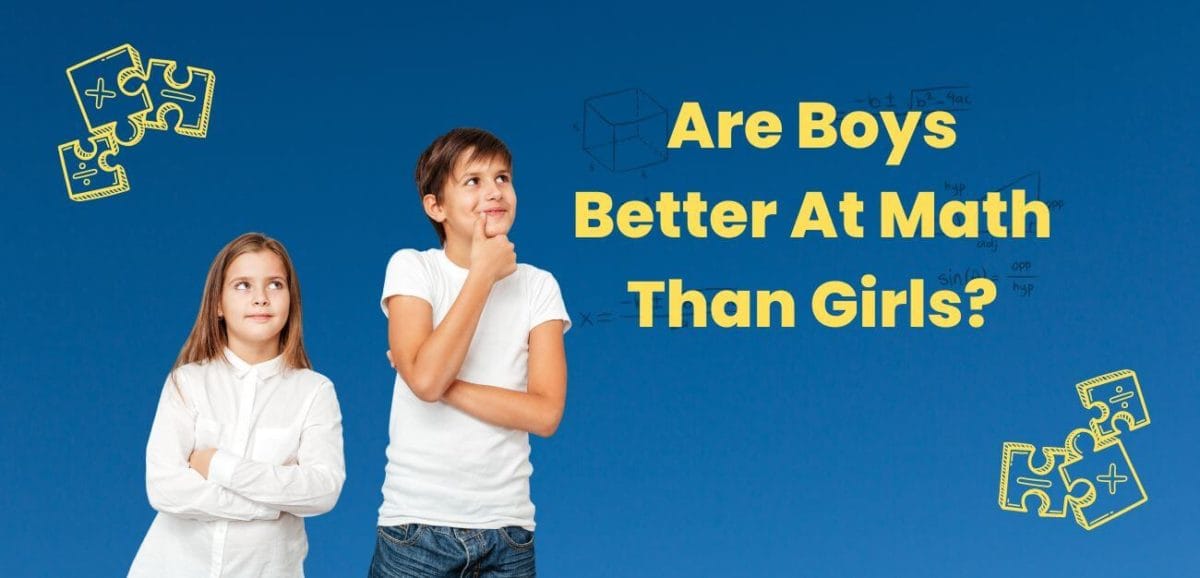When it comes to math, there has long been a stereotype that boys are “better” or more adept at the subject than girls. This idea can be traced back to traditional gender roles, where women and men are expected to possess certain skill sets – with mathematics seen as falling within male educational strengths. But […]
Categories
Are Boys Better At Math Than Girls



